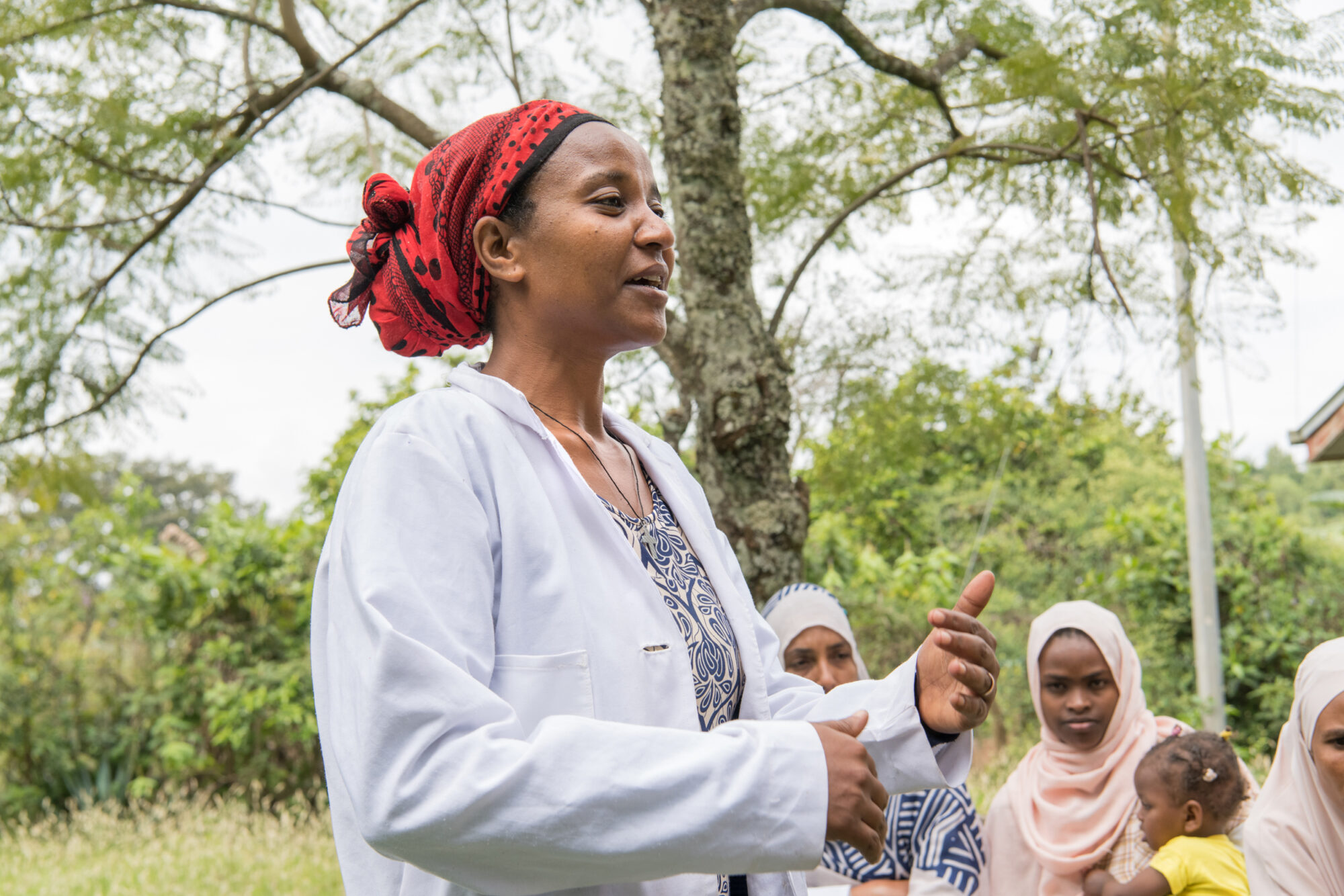Minding Women’s Time: Pilot Study

Photo Credit: Maheder Haileselassie Tadese/Getty Images/Images of Empowerment
Study Context
Worldwide, adult women spend two to ten times more hours in unpaid care work compared to men (Ferrant et al., 2014; World Bank, 2021). This gender gap persists regardless of women’s participation in paid work, leaving women to shoulder both the burden of domestic and financial responsibilities, resulting in less discretionary time for their own aspirations (United Nations, 2015). The consequences of women’s time poverty due to unpaid household labor includes reduced school attendance and completion; decreased income-generating career opportunities; and poor health (Cha, 2013).
This pilot study will investigate the context for a larger research study that aims to evaluate the impact of time-saving technology and information treatments on women’s well-being, bargaining power, and participation in productive work.
Study Design
This pilot study will be conducted among married beneficiaries of the Productive Safety Net Program (PSNP) in the Southern Nations Nationalities and Peoples region of Ethiopia where gender inequality is the highest. PSNP provides cash and in-kind transfer for food-insecure households in exchange for labor contributed to public work projects.
Phase 1: Conduct a formative assessment
Key informant interviews and focus group discussions will be held to understand the pervasiveness of gender norms, and men and women’s differing perceptions of time allocation. Researchers will explore women’s views of the activities they undertake and which they would like to substitute with technology (without incurring social costs). Time use surveys will also be conducted to explore the order, duration, and characteristics of daily activities.
Phase 2: Design the intervention
Researchers will hold two community-level consultative workshops and ten household-level testings to assess the feasibility and acceptability of a time-saving intervention and a behavioral change communication intervention.
Phase 3: Study design and pilot testing
Researchers will randomly assign 100 eligible households participating in the PSNP to either one of the intervention groups or to receive no treatment in order to test the designed interventions in phase 2. The result of the pilot testing will be used to design a large scale research project that will study the impact of the piloted interventions on wellbeing, bargaining power, and participation in productive work.
Results and Policy Lessons
Results forthcoming.







